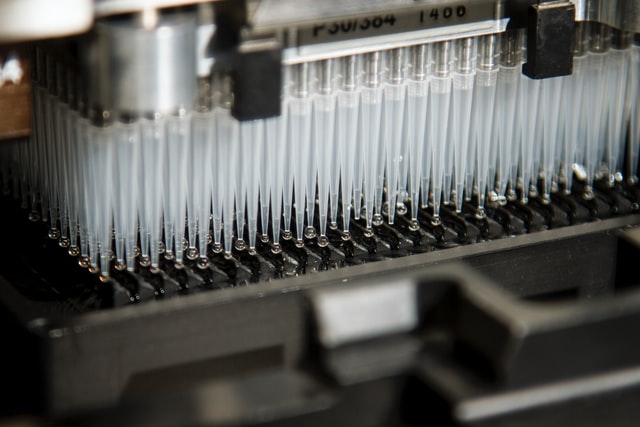Human Embryo Gene Editing Gets a Road Map—Not a Green Light
By Megan Molteni,
Wired
| 09. 03. 2020
FOR DECADES, SCIENTISTS have been tinkering with genes—cutting and pasting bits of DNA into organisms like plants, bacteria, and mice. So, of course, they thought about the possibility that one day someone might use such tools to alter human genes, even human germlines—making changes to people’s DNA that they’d pass on to future generations.
In 2012 these dreams (or nightmares, depending on where you stand) started to get real. With the emergence of Crispr, genetic manipulations were suddenly much easier to make and the tools to make them quick and cheap to obtain. The National Academy of Sciences arranged summits and reports in an attempt to set some boundaries. In 2017 the academy concluded that using Crispr for human genetic enhancement was a hard no. But they stopped short of a full moratorium. What about gene editing to address serious, incurable diseases? Well, that could maybe one day be fine, provided it was proven safe and effective.
But that 2017 report didn’t spell out exactly how one might prove those things. And a year later, into that...
Related Articles
By Scott Solomon, The MIT Press Reader | 02.12.2026
Chris Mason is a man in a hurry.
“Sometimes walking from the subway to the lab takes too long, so I’ll start running,” he told me over breakfast at a bistro near his home in Brooklyn on a crisp...
By Diaa Hadid and Shweta Desai, NPR | 01.29.2026
MUMBRA, India — The afternoon sun shines on the woman in a commuter-town café, highlighting her almond-shaped eyes and pale skin, a look often sought after by couples who need an egg to have a baby.
"I have good eggs,"...
By George Janes, BioNews | 01.12.2026
A heart attack patient has become the first person to be treated in a clinical trial of an experimental gene therapy, which aims to strengthen blood vessels after coronary bypass surgery.
Coronary artery bypass surgery is performed to treat...
By Staff, ScienceDaily | 01.05.2026
Scientists at UNSW Sydney have developed a new form of CRISPR technology that could make gene therapy safer while also resolving a decades-long debate about how genes are switched off. The research shows that small chemical markers attached to DNA
...




